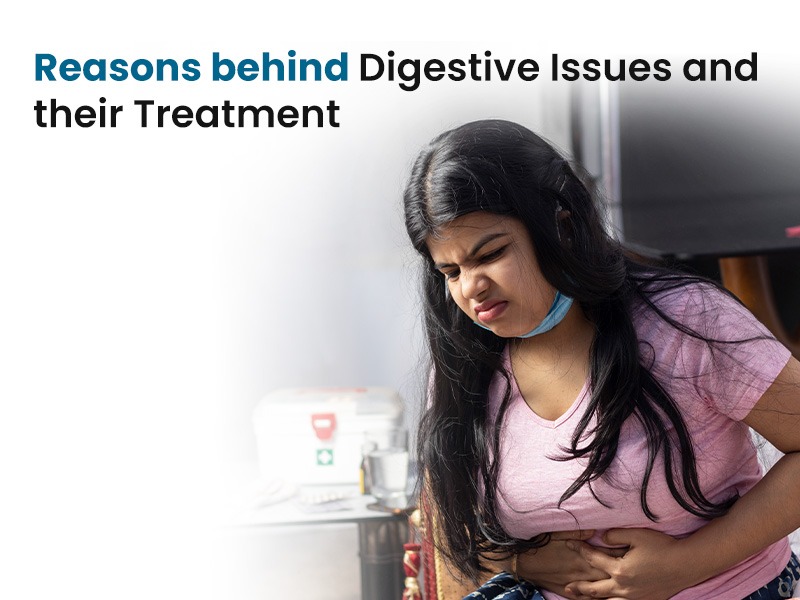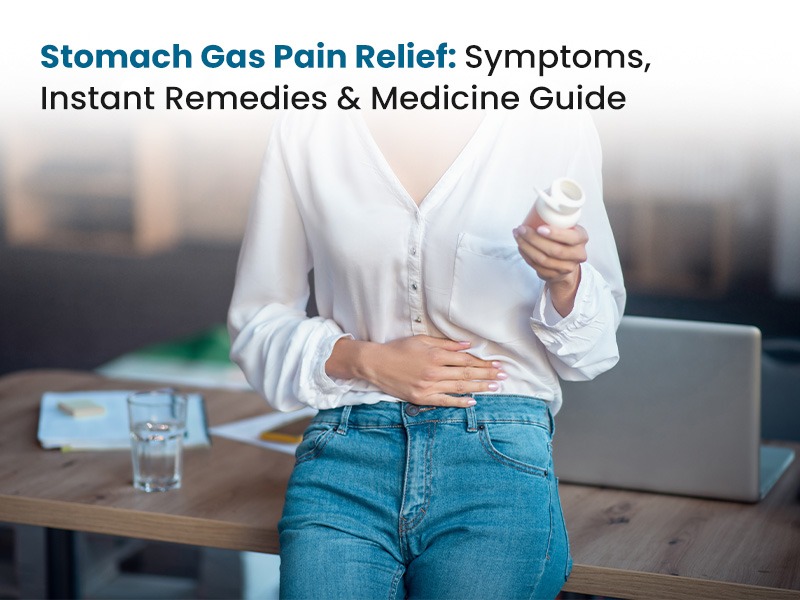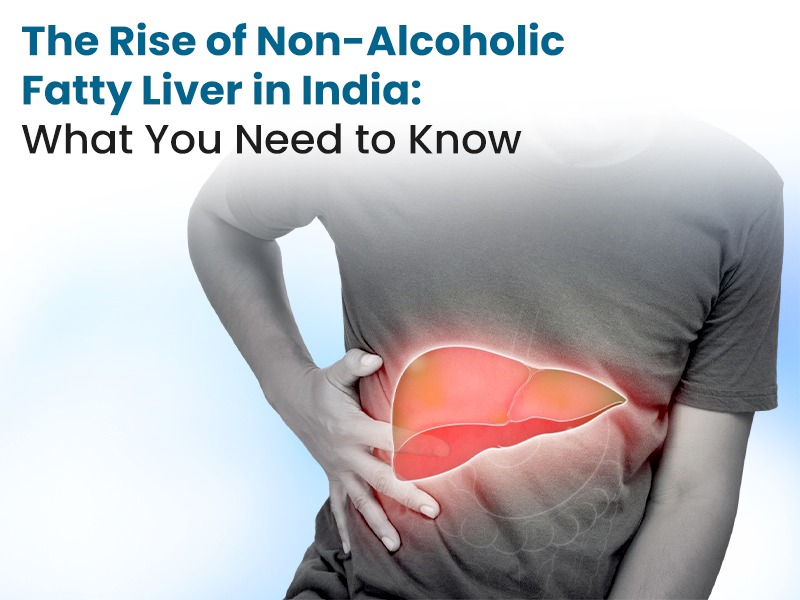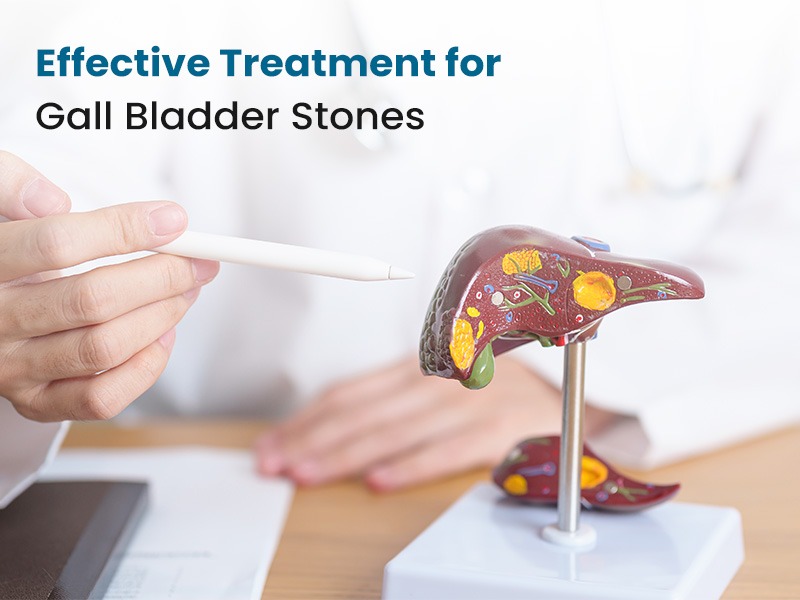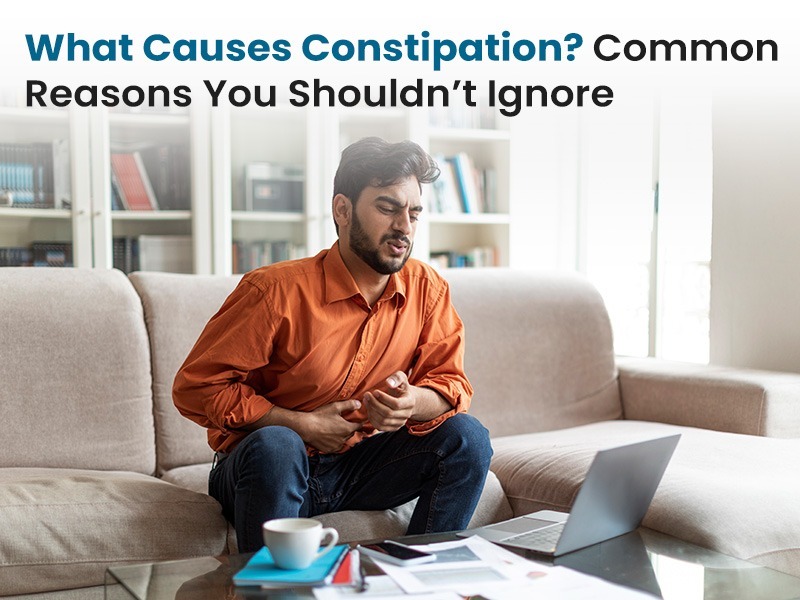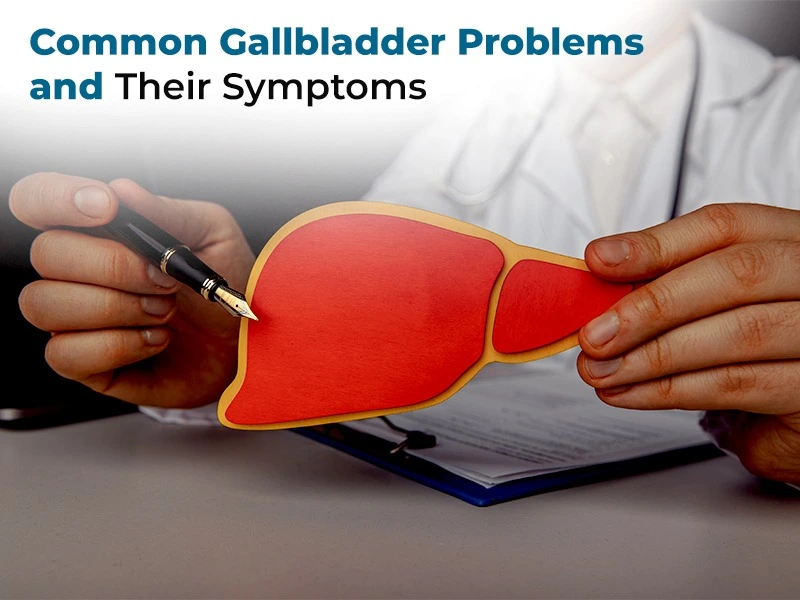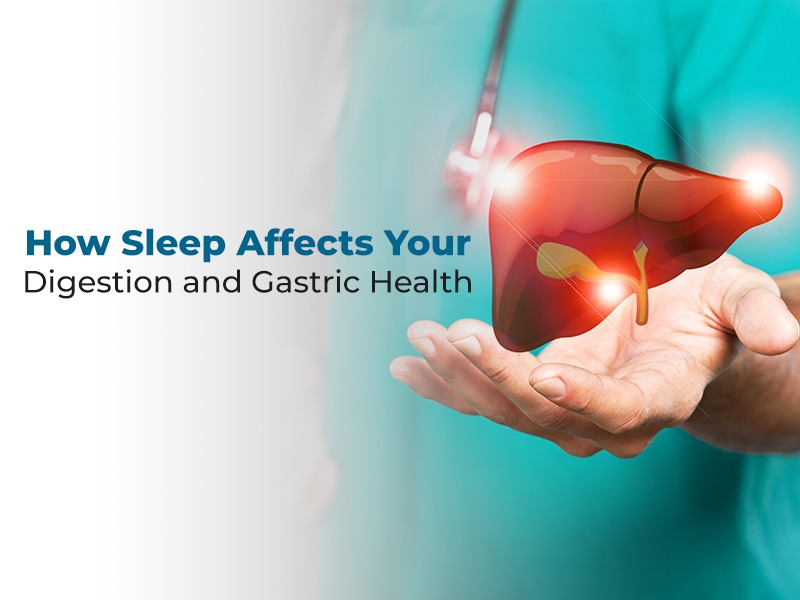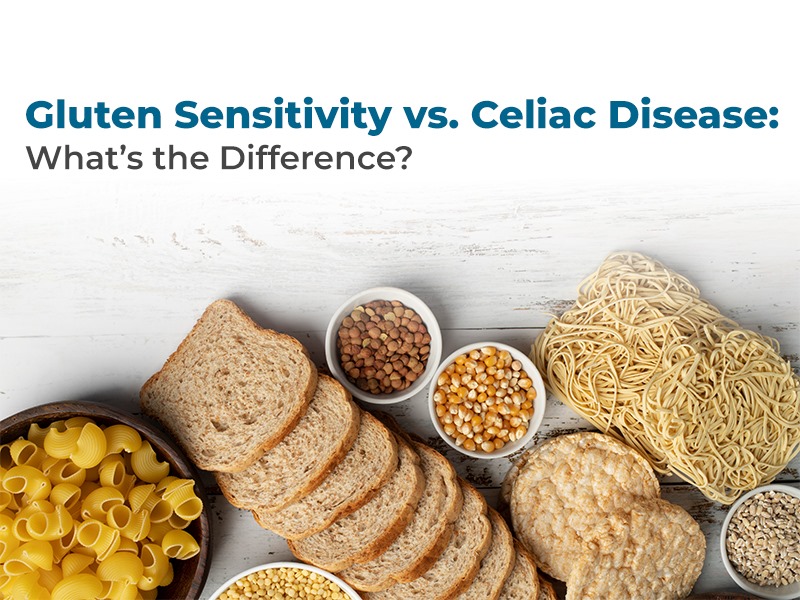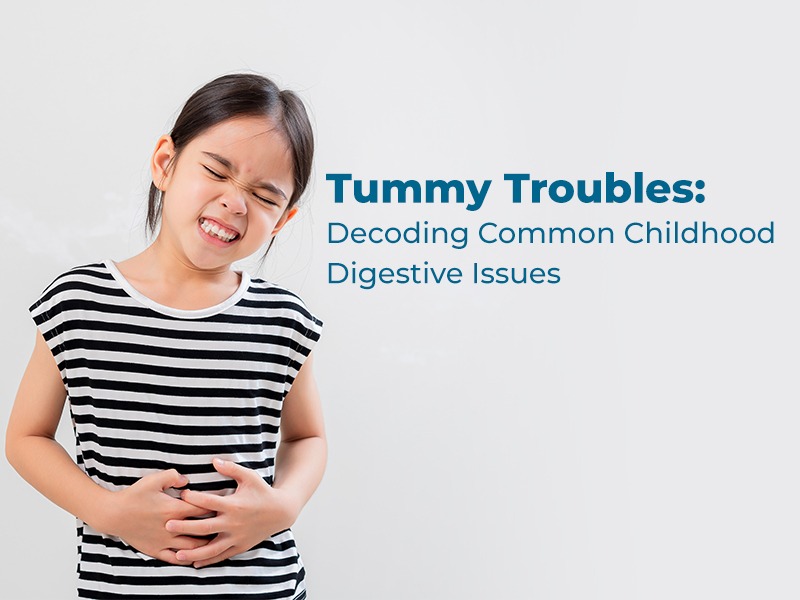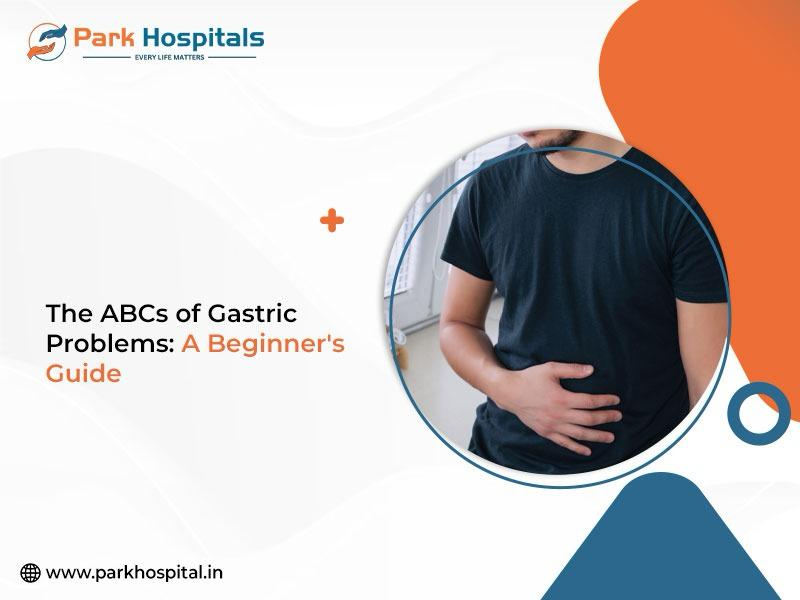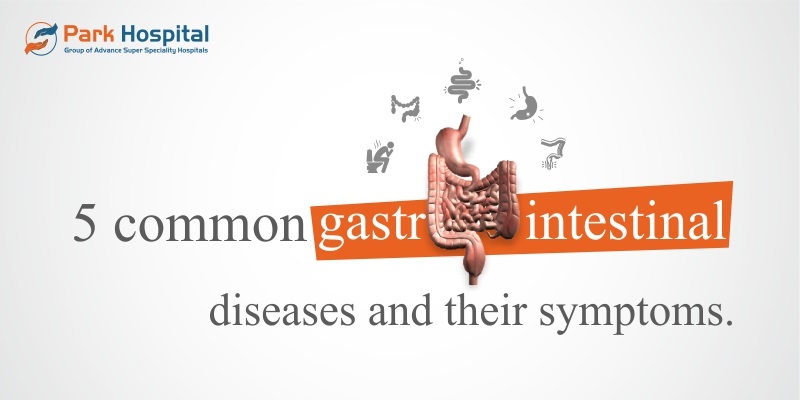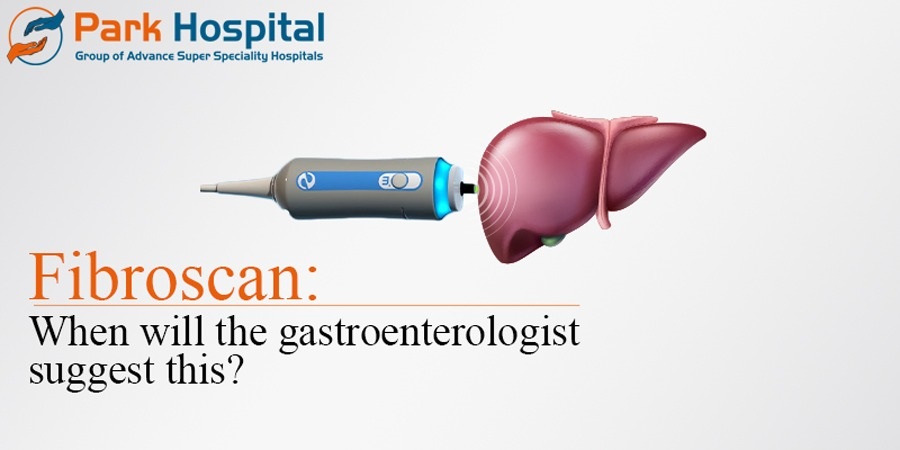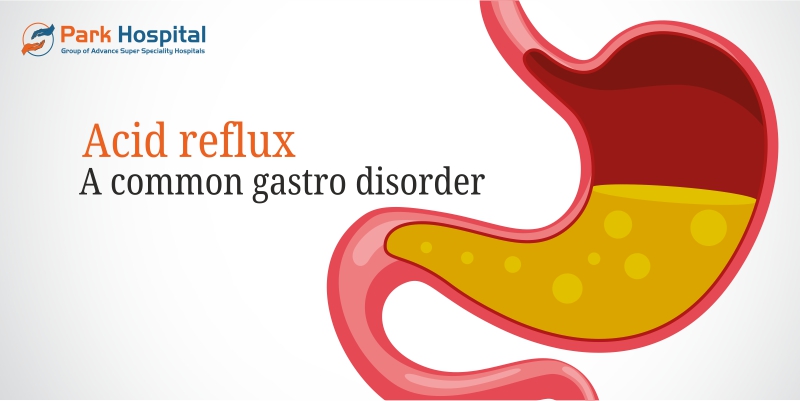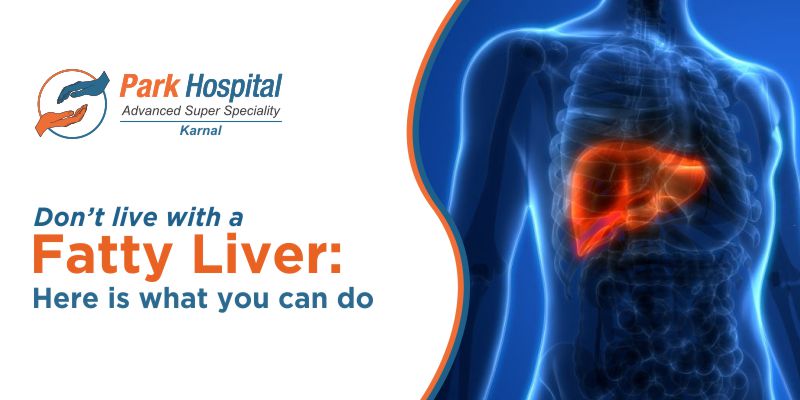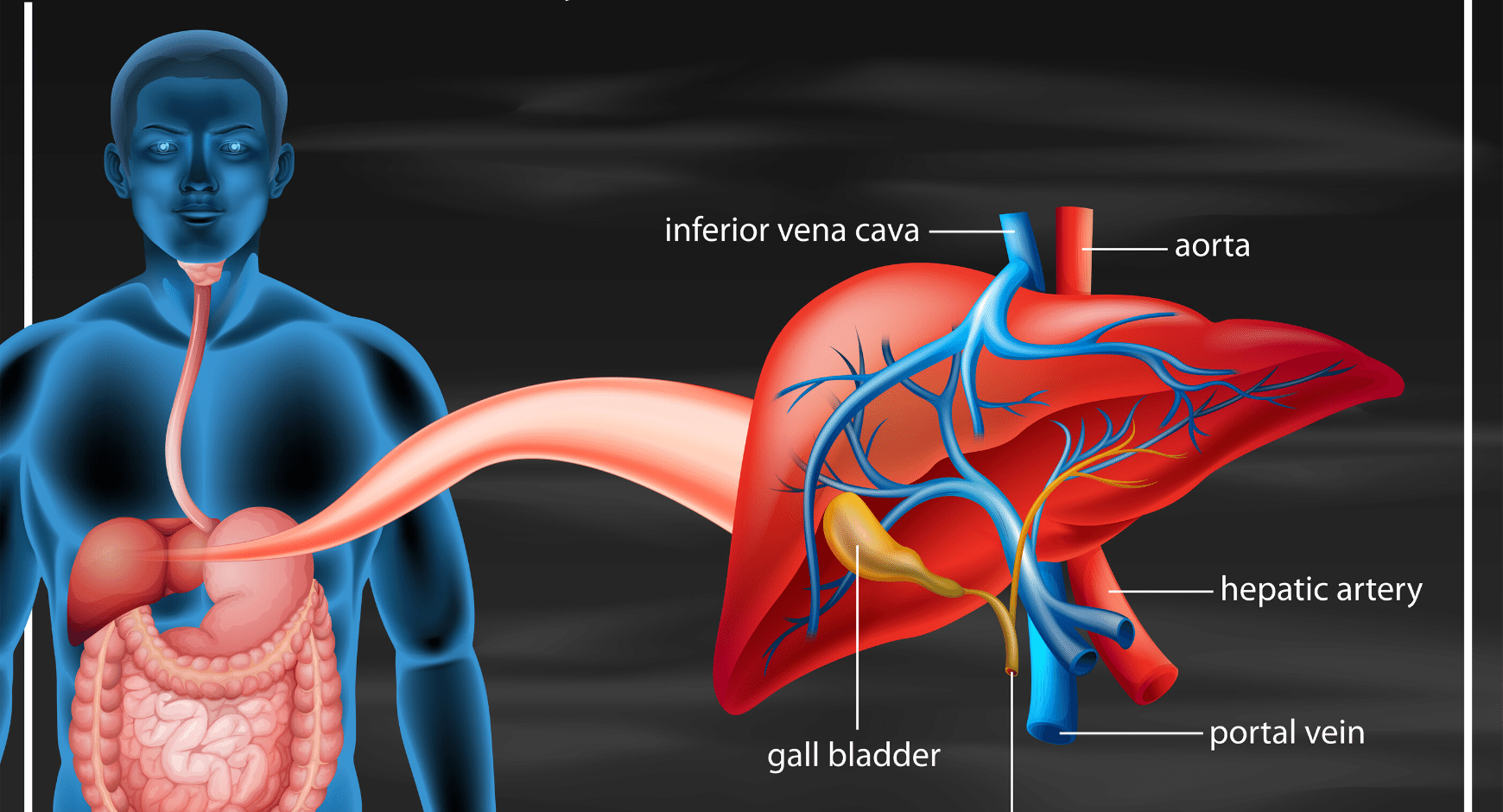We've all had those days — bloating, stomach cramps, or a sudden rush to the loo. Digestive problems are incredibly common, but that doesn't make them any less frustrating. From feeling sluggish to being unable to enjoy your favourite meals, gut problems can affect your daily routine more than you might expect.
But what causes them? And how can you deal with them without guessing your way through every food group? Why stomach pain causes? Let's dive in and make it easier to understand what your gut's trying to say and whether should you schedule an appointment at a gastro hospital or not.
Common Digestive Problems and What They Feel Like
Digestive problems come in different forms. Some are occasional, while others hang around a bit too long and are mostly resolved by home remedies for digestion. Here are the usual suspects:
1. Acid Reflux and Heartburn
This feels like a burning sensation in the chest, often after eating. It happens when stomach acid flows back up into the food pipe. Spicy foods, caffeine, and eating too close to bedtime can make it worse and would require acid reflux treatment.
2. Bloating and Gas
A tight, uncomfortable belly that feels full or swollen is often caused by trapped gas or slow digestion. Dairy, carbonated drinks, or eating too quickly can all be triggers. Know what your body allows and what it doesn't while adhering to gut health tips.
3. Constipation
Struggling to pass stool or going less than three times a week? That's constipation. Low fibre intake, dehydration, and sedentary habits often play a role. Many go for home remedies for digestion for constipation relief.
4. Diarrhoea
Frequent, loose stools can point to an infection, food intolerance, or sometimes stress. If it lasts more than a few days, it's best to get it checked.
5. Irritable Bowel Syndrome (IBS)
Irritable bowel syndrome is a longer-term condition marked by a mix of symptoms like cramping, bloating, diarrhoea, or constipation. Stress and certain foods tend to trigger flare-ups.
What Causes Digestive Issues?
Usually, one is trying to track down stomach pain causes to a single reason but as the medical experts at gastro hospital suggests, it's rarely just one thing. Your gut is sensitive to more than just food.
1. Diet Choices
Too much-processed food, low fibre intake, or not drinking enough water can upset digestion. Greasy food, dairy, or gluten may also cause trouble for some people.
2. Stress and Mental Health
Ever noticed how your stomach flips when you're anxious and makes you wonder about bloating remedies? The gut and brain are closely linked. Ongoing stress can slow down or speed up digestion.
3. Lack of Movement
Sitting all day doesn't help your gut. Physical activity gets the digestive system moving and keeps things regular.
4. Underlying Conditions
Things like food intolerances (lactose or gluten), infections, or even thyroid issues can impact digestion. If symptoms don't go away, there might be something more going on.
When Should You Worry?
Occasional bloating or indigestion isn't a big deal. But if you notice the following, it's time to check in with a doctor at a gastroenterology hospital:
● Blood in stool
● Unexplained weight loss
● Constant bloating or pain
● Symptoms that last more than two weeks
● Gastric problems
● Trouble swallowing
It's not about panicking — it's about not ignoring signals your body keeps repeating.
How to Manage and Treat Digestive Issues
There's no one-size-fits-all approach, but these gut health tips often help most people feel better in the form of acid reflux treatment when experiencing any of the gastric problems:
1. Watch What You Eat (and How You Eat)
Slow down at meals. Chew properly. Try to avoid large, heavy dinners late at night. Keeping a food diary can also help spot what's triggering your symptoms.
2. Add Fibre Gradually
Whole grains, fruits, and vegetables help regulate your bowel movements. But adding too much too fast can make you gassy, so go slow.
3. Stay Hydrated
Water helps break down food and move it through your system. Aim for at least 6–8 glasses a day, especially if you're increasing fibre. This is one of the most prominent constipation relief.
4. Move Your Body
Even a 20-minute walk after meals can help with digestion. It encourages bowel movements and helps by acting as bloating remedies.
5. Manage Stress
Yoga, meditation, deep breathing, or just unplugging from screens can calm your system. If anxiety is a big trigger, therapy or counselling might help too.
6. Consider Probiotics
These are the good bacteria your gut loves. Found in yoghurt, fermented foods, or supplements, they can help balance your gut flora and ease symptoms.
7. Medication When Needed
Over-the-counter antacids, laxatives, or antidiarrhoeal medicines can help temporarily in indigestion treatment, but don't rely on them long-term. A doctor can prescribe the right treatment based on the root cause.
Getting the Right Help
If your digestive issues aren't improving with simple changes, don't keep guessing. Medical experts at the gastroenterology hospital specialise in gut health and can run tests like endoscopies, stool checks, or food intolerance screenings. Getting a proper diagnosis is better than trying random diets or popping pills without knowing why.
Final Thought
Digestive issues can sneak into your life quietly, but they don't have to take over. Most gut problems can be managed with the right mix of diet, routine, and medical guidance.
Listen to your gut — quite literally. If something feels off and keeps coming back, it's worth paying attention to. You don't have to live with discomfort or avoid your favourite foods forever. Relief is possible, and it often starts with understanding what your body's been trying to say.
Frequently Asked Questions
Can stress really affect digestion?
Yes, stress and digestion are deeply connected. Ever felt queasy before a big event? That's your gut reacting to stress hormones. Chronic stress can slow digestion and trigger bloating or even IBS. It's called the gut-brain axis for a reason—your tummy listens when your mind's in overdrive.
What foods should I avoid if I have digestive issues?
Start with the usual suspects: greasy food, excess caffeine, spicy dishes, and too much dairy. Processed snacks and fizzy drinks can stir up trouble too.\
How do I know if my digestive problem is serious?
If it lingers, don't ignore it. Ongoing bloating, pain, blood in stool, unintentional weight loss or frequent vomiting aren't just quirks—they could point to something more. Your body's way of flagging distress isn't always loud, so if things feel off for a while, get it checked.
What natural remedies help improve digestion?
Simple ones can go a long way. Ginger, peppermint, fennel seeds and warm water after meals can calm the gut. Eat slowly, chew well, and move around a bit post-meal. Yoga and mindful breathing help, too. Sometimes, grandma's tricks really do work wonders for the tummy.
Can dehydration cause digestive issues?
Definitely, water keeps things moving in your gut, helps break down food and softens the stool. Without enough fluids, digestion slows, and constipation often follows. If you're not sipping regularly, your system feels it. So next time you're sluggish or bloated—ask yourself if you've drunk enough water today.

